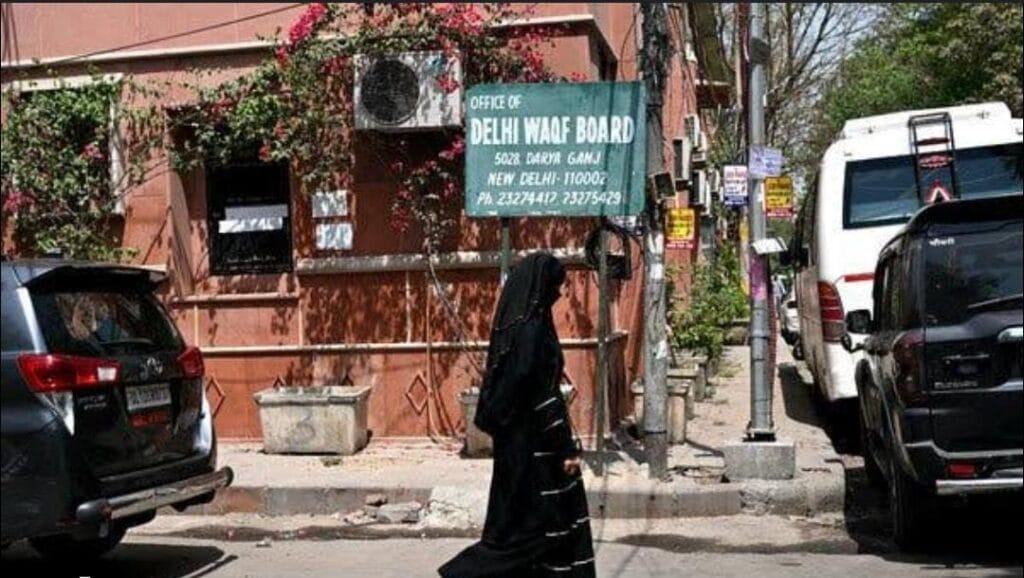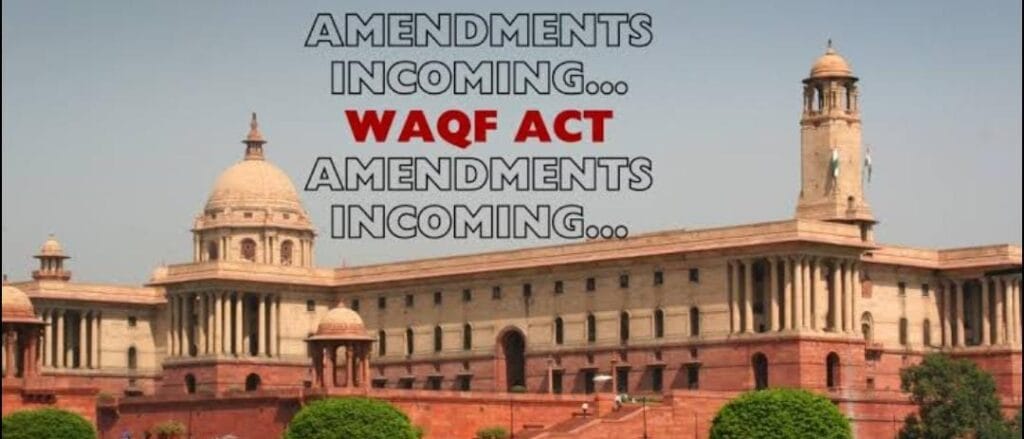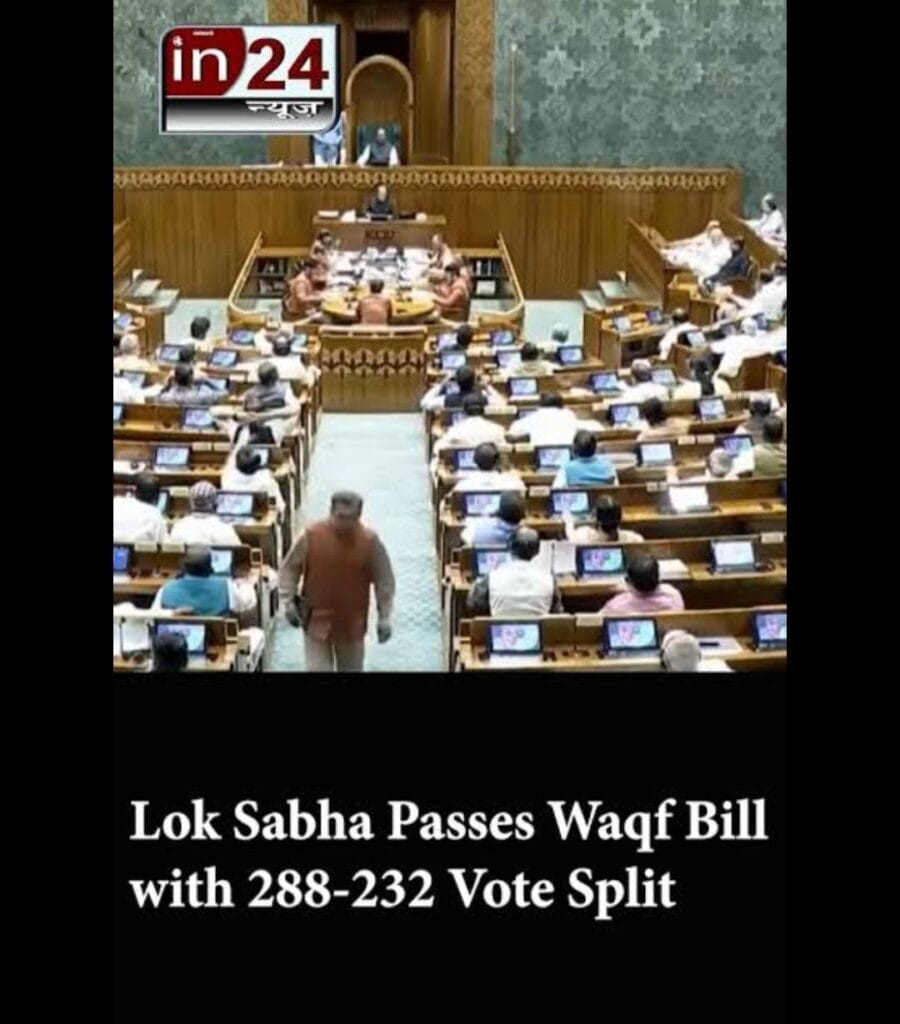
The recent passage of the Waqf (Amendment) Bill, 2024, by India’s Parliament has ignited a firestorm of controversy, with implications that extend far beyond the Muslim community. This legislation, which ostensibly aims to reform the management of Waqf properties, is being criticized as a calculated move by Prime Minister Narendra Modi’s government to undermine minority rights and consolidate control over significant assets. The bill’s provisions, particularly the inclusion of non-Muslims on Waqf boards and increased governmental oversight, are seen by many as an assault on the autonomy of religious institutions and a veiled attempt at land appropriation.
Historical Context of Waqf in India
Waqf refers to the Islamic practice of endowing property for religious or charitable purposes, rendering it inalienable and dedicated to the public good. In India, Waqf properties encompass approximately 870,000 assets, covering around 940,000 acres, making Waqf boards among the largest property holders in the country. Historically, these endowments have been managed by Muslim-led boards, ensuring that the assets serve their intended religious and charitable functions.
Provisions of the Waqf (Amendment) Bill, 2024
The newly passed amendment introduces several contentious changes:
- Inclusion of Non-Muslims on Waqf Boards: The bill mandates the appointment of non-Muslim members to Waqf boards, a significant departure from the tradition of exclusively Muslim management.
- Enhanced Governmental Oversight: It grants the government authority to validate and oversee Waqf properties, ostensibly to curb corruption and mismanagement.
- Ownership Verification Requirements: The bill imposes new requirements for ownership verification, raising concerns about potential property seizures due to lack of formal documentation.
Criticisms and Concerns
Critics argue that these provisions are not merely administrative reforms but strategic moves to erode the rights of the Muslim community:
- Undermining Religious Autonomy: The inclusion of non-Muslims on Waqf boards is perceived as an intrusion into religious affairs, potentially diluting the Islamic character of these endowments.
- Threat to Property Rights: Enhanced governmental oversight and stringent ownership verification are feared to be mechanisms for the state to appropriate Waqf properties, many of which lack formal documentation due to their historical nature.
- Political Motivations: The timing and nature of the bill are seen as aligning with the ruling party’s broader agenda of marginalizing Muslim influence and consolidating control over valuable assets.

Broader Implications for Indian Society
While the bill directly affects the Muslim community, its ramifications are far-reaching:
- Precedent for Governmental Overreach: The legislation sets a concerning precedent for state interference in religious and charitable institutions, potentially affecting other communities in the future.
- Erosion of Minority Rights: By targeting a specific religious community’s assets, the bill contributes to the broader narrative of diminishing minority rights in India.
- Social Polarization: The move exacerbates communal tensions, fostering an environment of distrust and division within the diverse fabric of Indian society.

Opposition and Legal Challenges
The bill has faced staunch opposition from various quarters:
- Political Parties: Opposition parties have criticized the bill as an encroachment on minority rights and a tool for land grab, vowing to challenge it in the Supreme Court.
- Civil Society Organizations: Numerous civil society groups have decried the bill as unconstitutional and discriminatory, organizing protests and awareness campaigns.
- Legal Experts: Constitutional scholars argue that the bill violates the principles of religious freedom and equality enshrined in the Indian Constitution.

Government’s Justification
The government defends the bill by asserting that it aims to:
- Promote Transparency: Address alleged corruption and mismanagement within Waqf boards.
- Enhance Inclusivity: Reflect the diverse fabric of Indian society by including non-Muslims in the management of public assets.
- Ensure Proper Utilization: Guarantee that Waqf properties serve their intended charitable and religious purposes effectively.

Conclusion
The Waqf (Amendment) Bill, 2024, represents a pivotal moment in India’s socio-political landscape. While presented as a measure to enhance transparency and inclusivity, its provisions raise significant concerns about religious autonomy, minority rights, and governmental overreach. The legislation’s impact transcends the Muslim community, posing fundamental questions about the nature of secularism, the protection of minority rights, and the balance of power between the state and religious institutions in India. As the nation grapples with these issues, the bill serves as a litmus test for the resilience of India’s democratic and pluralistic ethos.
what is WAQF amendment bill 2025?
The Waqf Amendment Bill, 2025 was introduced to fix problems in the management and governance of Waqf properties. The aim is to make rules clearer, include more people in decision-making, and improve how Waqf assets are used.
what is the problem with a waqf bill?
Misuse of Waqf Laws
Some State Waqf Boards have misused their powers, leading to community tensions.
Section 40 of the Waqf Act has been widely misused to declare private properties as Waqf properties, causing legal battles and unrest.
As per information out of 30 States/UTs, data was given only by 8 States where 515 properties have been declared as Waqf under Section 40.